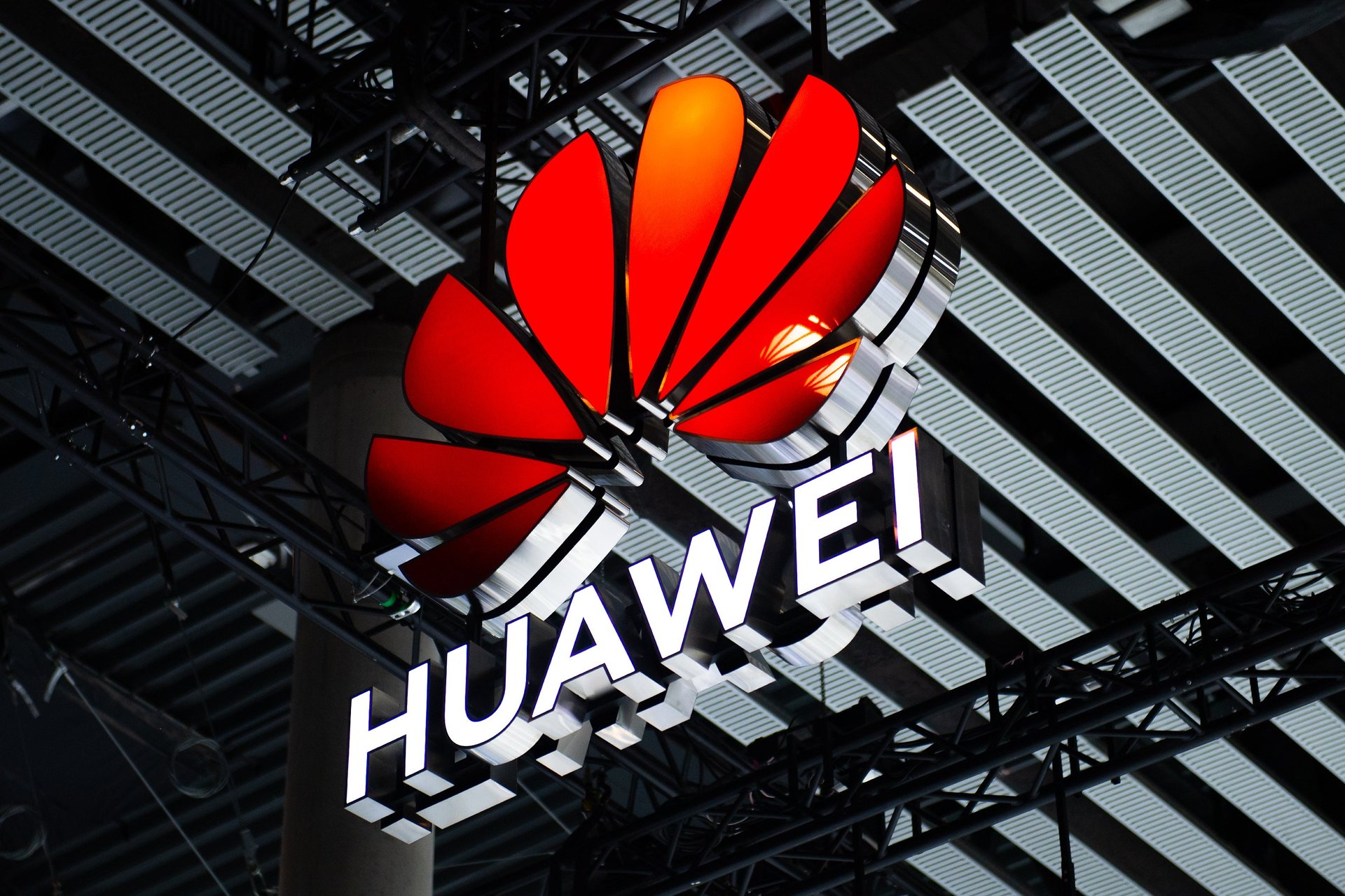Huawei is secretly funding U.S. research despite being blacklisted, report says
The Chinese telecommunications giant said there's nothing secret about its funding of research at American universities through an independent foundation

Despite being on the U.S. trade blacklist since 2019, Chinese telecommunications giant Huawei has secretly been the sole funder of a research competition involving U.S. universities that is administered by a Washington, D.C.-based foundation, a report found.
Suggested Reading
The research competition, which started in 2022 and is administered by the Optica Foundation, has awarded millions of dollars to scientists and researchers from around the world — including those from top U.S. universities such as Harvard and the University of Southern California, which have restrictions against working with Huawei, Bloomberg reported, citing documents and sources familiar with the matter.
Related Content
The foundation, which is part of the nonprofit Optica society, “shall not be required to designate Huawei as the funding source or program sponsor” of the research competition, and “the existence and content of this Agreement and the relationship between the Parties shall also be considered Confidential Information,” a document reviewed by Bloomberg said.
Huawei rejected the notion that there is anything secret about its research funding.
“Given that Huawei’s contribution to the Optica Foundation is openly declared on the Foundation’s website, any suggestion of secrecy is absurd,” a Huawei spokesperson said in a statement Thursday. “Huawei is proud to be one of many technology companies from around the world supporting the Foundation’s important work.”
Elizabeth Rogan, the CEO of Optica, said that Bloomberg’s report has “raised some important questions not just for the Optica Foundation but the research community at large.”
“The foundation’s donors are clearly listed in our annual report,” Rogan said. “We are taking a holistic review of our policies to identify ways to increase transparency as the foundation continues to support young researchers in our community.”
People who applied to the competition, university officials, and one of its judges told Bloomberg they didn’t know about Huawei’s involvement in the competition. Applicants interviewed by Bloomberg told the publication they thought the money was from Optica. The Optica Foundation lists “high-sensitivity optical sensors and detectors” as one of its “proposals of interest” for the research competition.
A spokesman for Huawei told Bloomberg it created the competition with the Optica Foundation to support research around the world, and that the company’s name was not made public to avoid it being seen as a promotional event. Optica chief executive officer Liz Rogan told the publication some of its donors “prefer to remain anonymous, including U.S. donors” and “there is nothing unusual about this practice.”
Rogan added that the donation from the China-based company was reviewed by outside legal council, and was approved by Optica Foundation’s board. “We are completely transparent with the funding and support of the Foundation programs with the Optica Foundation Board, the Optica Board and staff,” Rogan told Bloomberg.
A 2023 annual report from the foundation shows Huawei as one of its “highest-level donors” — or those who have provided over $1 million since its inception over 20 years ago, Bloomberg reported, adding that U.S.-based Google and Meta are in the second-highest donor level for giving over $200,000.
Huawei was added to the U.S.’s Entity List in 2019, after the government “determined that there is reasonable cause to believe that Huawei has been involved in activities contrary to the national security or foreign policy interests of the United States.”
Kevin Wolf, a partner at the law firm Akin, told Bloomberg the secret funding is probably not in violation of the Department of Commerce’s regulations banning the sharing of U.S. technology with Huawei. Under Treasury Department regulations, however, Wolf told Bloomberg the secret funding is likely not legal.